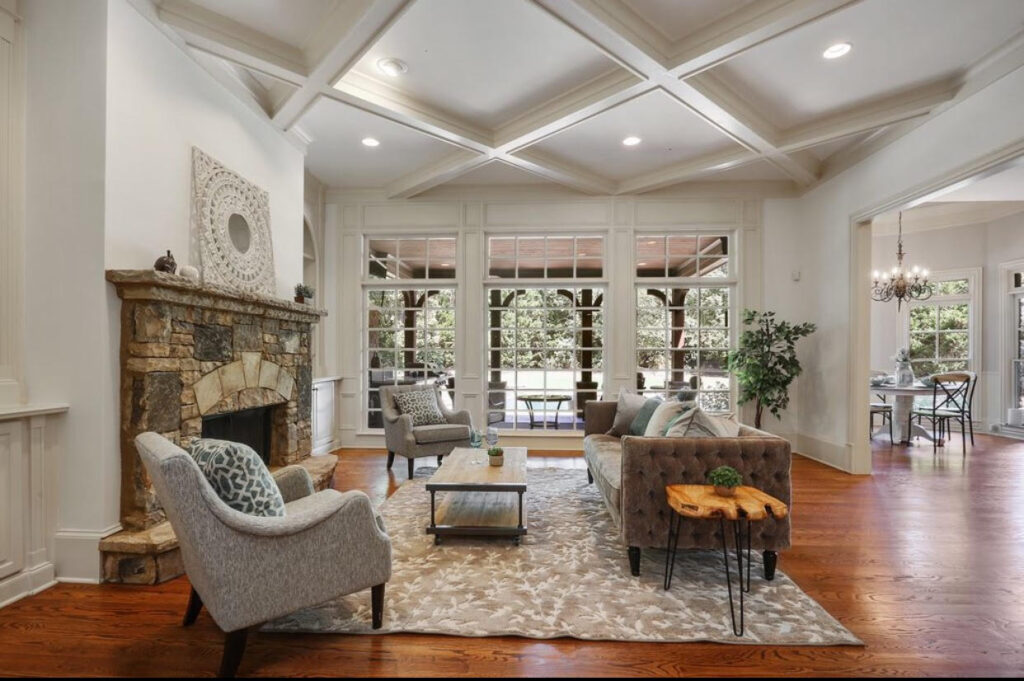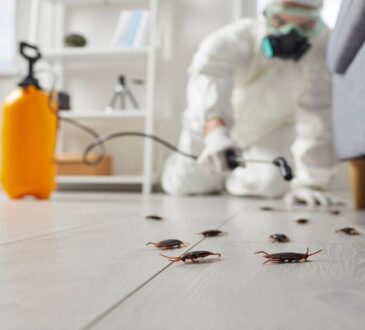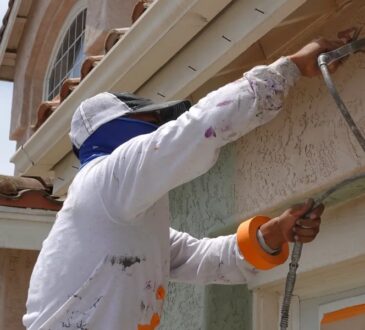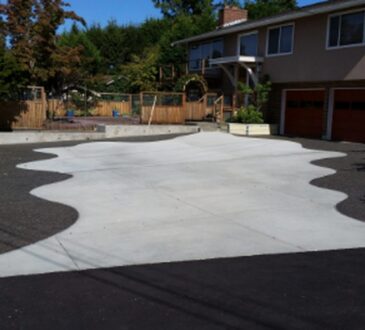Mark Roemer Oakland Explains What Your Landlord Is Looking for During Rental Inspections

Introduction
According toMark Roemer Oakland, landlords have the legal right to inspect their rental property while tenants occupy it. This is permissible as long as enough notice is provided and the reason for the visit complies with state regulations. Some states allow routine inspections, while others need a specific purpose for the inspection.
Many landlords conduct frequent, if not yearly, rental inspections. When a tenant moves out, landlords must always do a rental inspection. However, what should landlords check for during a rental inspection?
In this post, we’ll go over what your landlord looks for during rental inspections.
- Water damage signs or slow leaks -Check for leaks, particularly slow ones that a tenant could overlook, such as leaking faucets or running toilets. Under sinks, look for signs of water damage caused by leaky drainpipes.
- Change air filters – Most experts suggest replacing HVAC filters every three months. Air filters may need to be replaced more regularly in homes with pets or renters with allergies.
- Smoking – If your lease requires a smoke-free environment, you must ensure that renters obey your instructions. Smoking damage is costly to fix, so it’s best to notice it early. Look for smoking indicators, such as yellowish ceilings or walls, tobacco odor in carpets and drapes, and used ashtrays.
- General state of the property – Overall, how do you feel about the property? Is there anything that surprised you? Are there any unapproved paint colors or overflowing garbage cans? If any additional difficulties arise, discuss them with the tenants. A written follow-up note will provide everyone with further information about the problem.
- Walls and floorings – What is the state of the carpet? Examine the garment for damaged or ripped places that need to be replaced. Take note of the condition and any scuff marks on your hardwood flooring. Tenants may sometimes drag chairs or other items of furniture across the floor. There is less harm to the wood if you notice it early and change this practice.
- Ask tenants -While it is your property, it is occupied by your renters. They will almost certainly be the first to detect any problems. Inquire whether everything is going smoothly or if there are any issues. Allowing them to direct you to the most significant problem may save you time.
- Carbon monoxide detectors and smoke detectors – Check that these devices are in good functioning condition. Many landlords utilize periodic inspections for replacing the batteries in smoke alarms and carbon monoxide monitors. While some may argue that this is the renter’s duty, having a non-functioning smoke or carbon monoxide detector might be a major problem. Many landlords do this duty themselves, despite the risk of harm or legal action.
- Pests – No landlord likes a pest-infested property, an army of ants, or a slowly building wasp’s nest. Check for signs of unwanted critters and ask your renters whether they have had any pest problems. Take the necessary steps.
Conclusion
As Mark Roemer Oakland said, property inspections are an excellent approach to protect your investment. Maintaining a regular inspection schedule throughout your tenancy will help you avoid difficulties and provide a better renting experience for you and your tenants. Property inspections are an excellent way to protect your investment. Furthermore, maintaining a regular inspection schedule throughout your tenancy will help you avoid difficulties and provide a better renting experience for you and your tenants.




